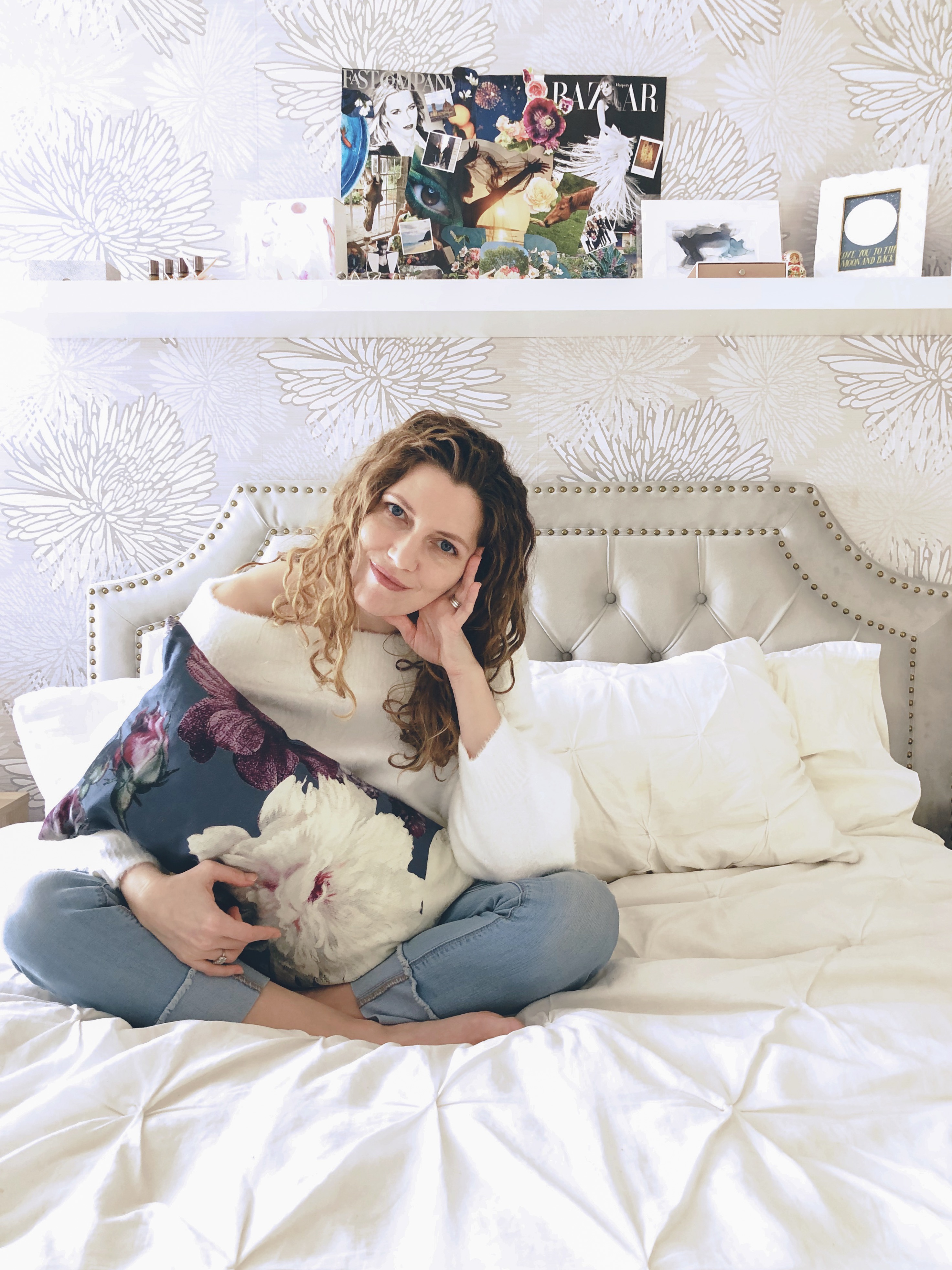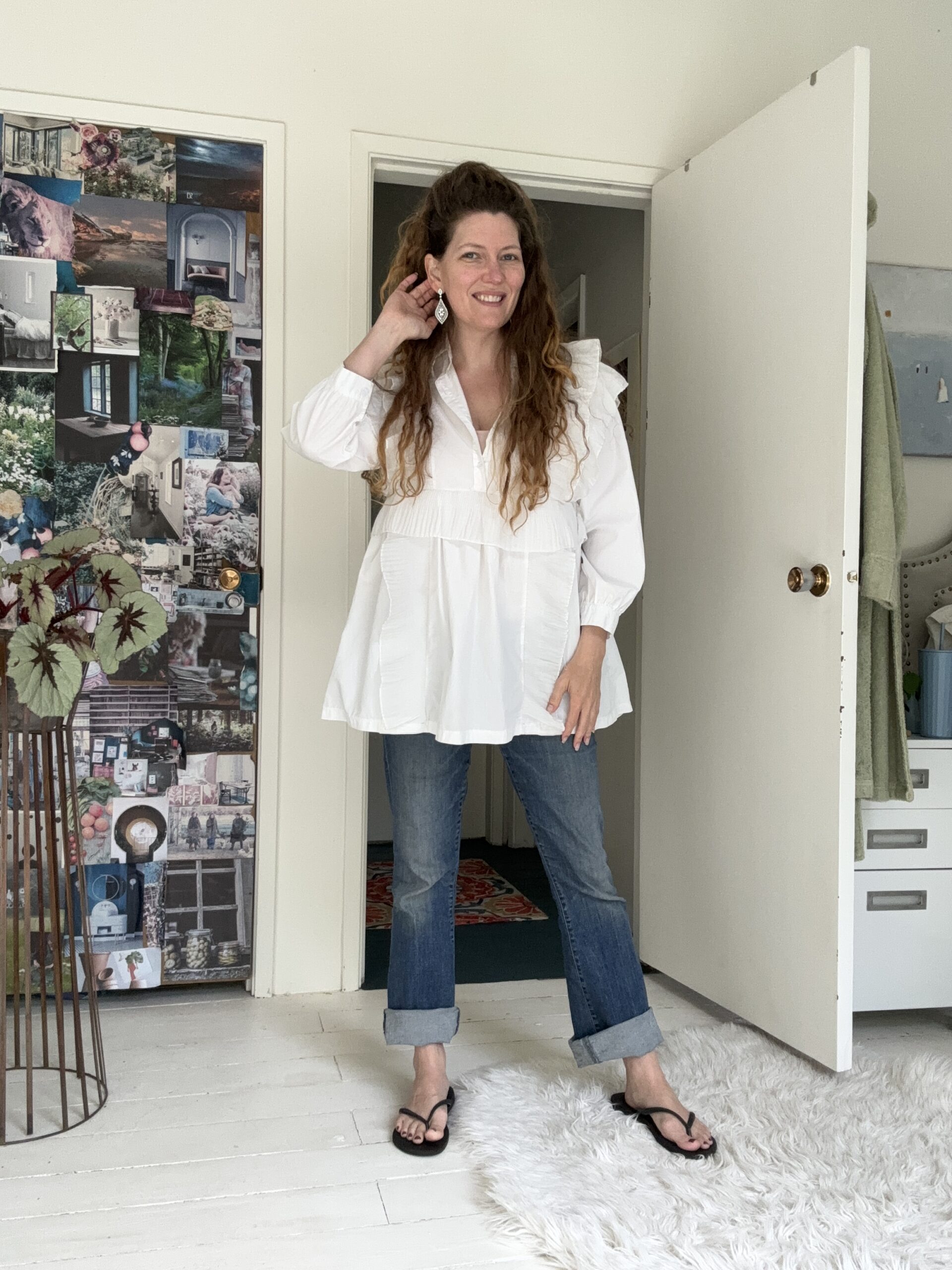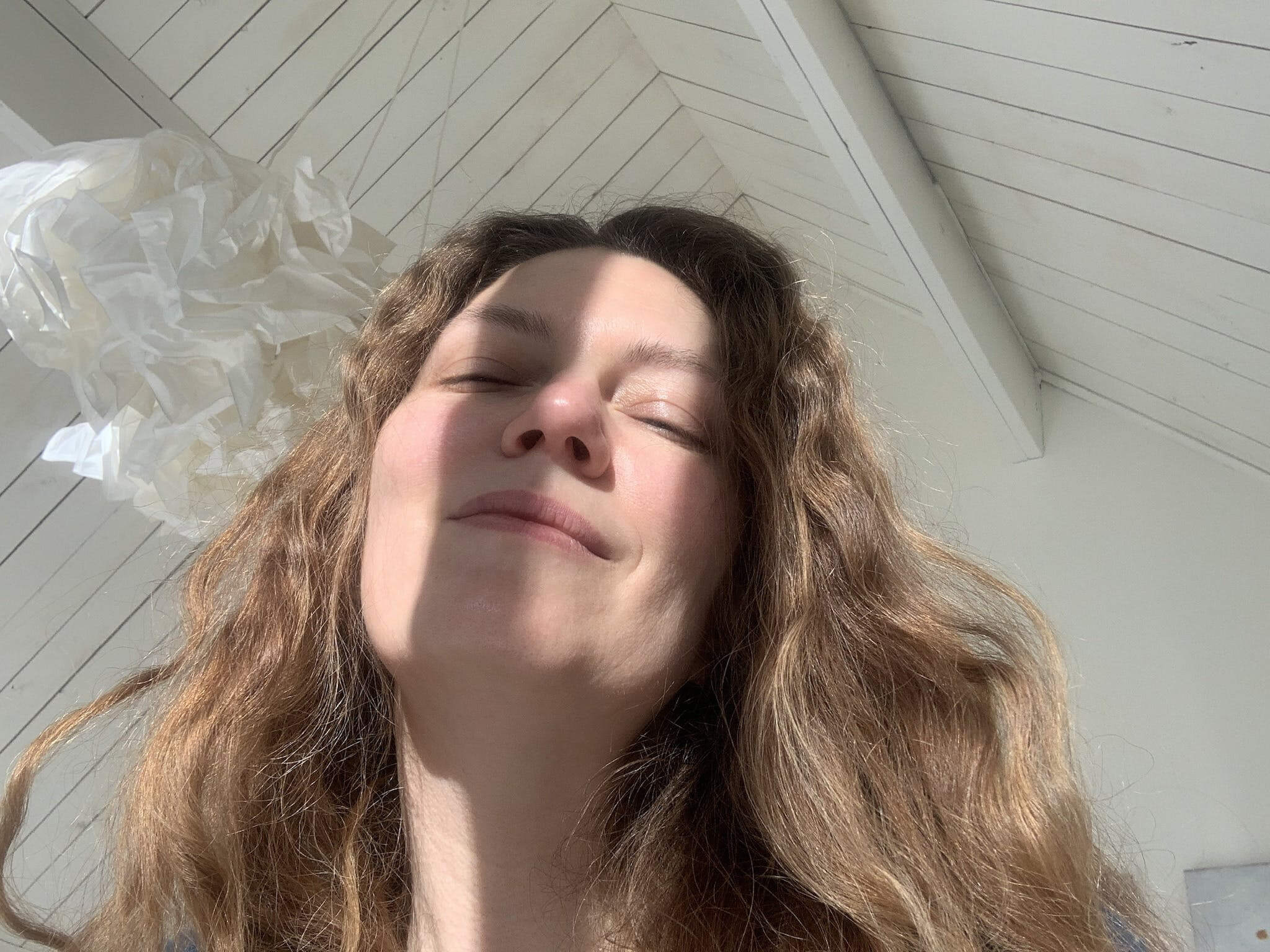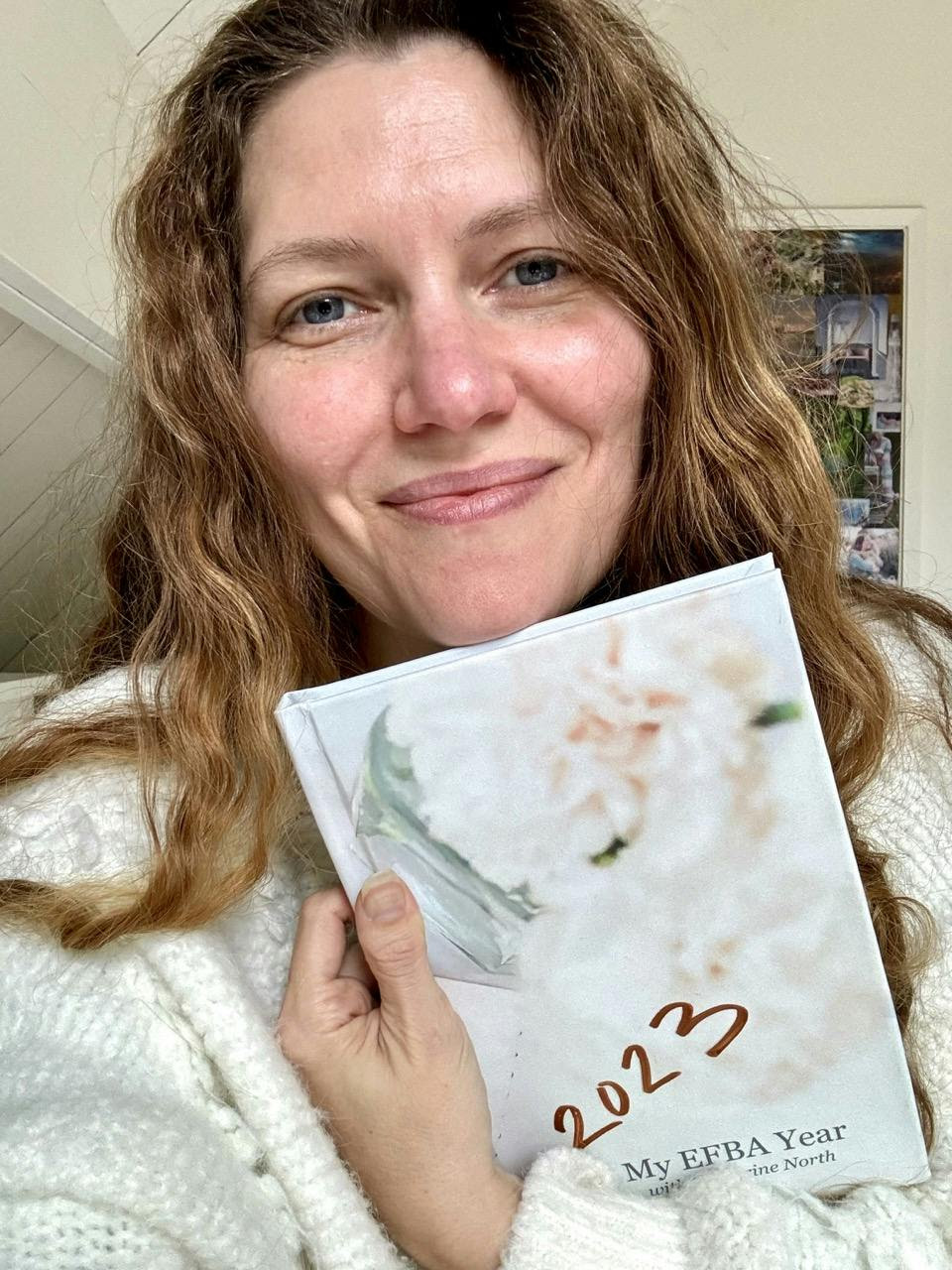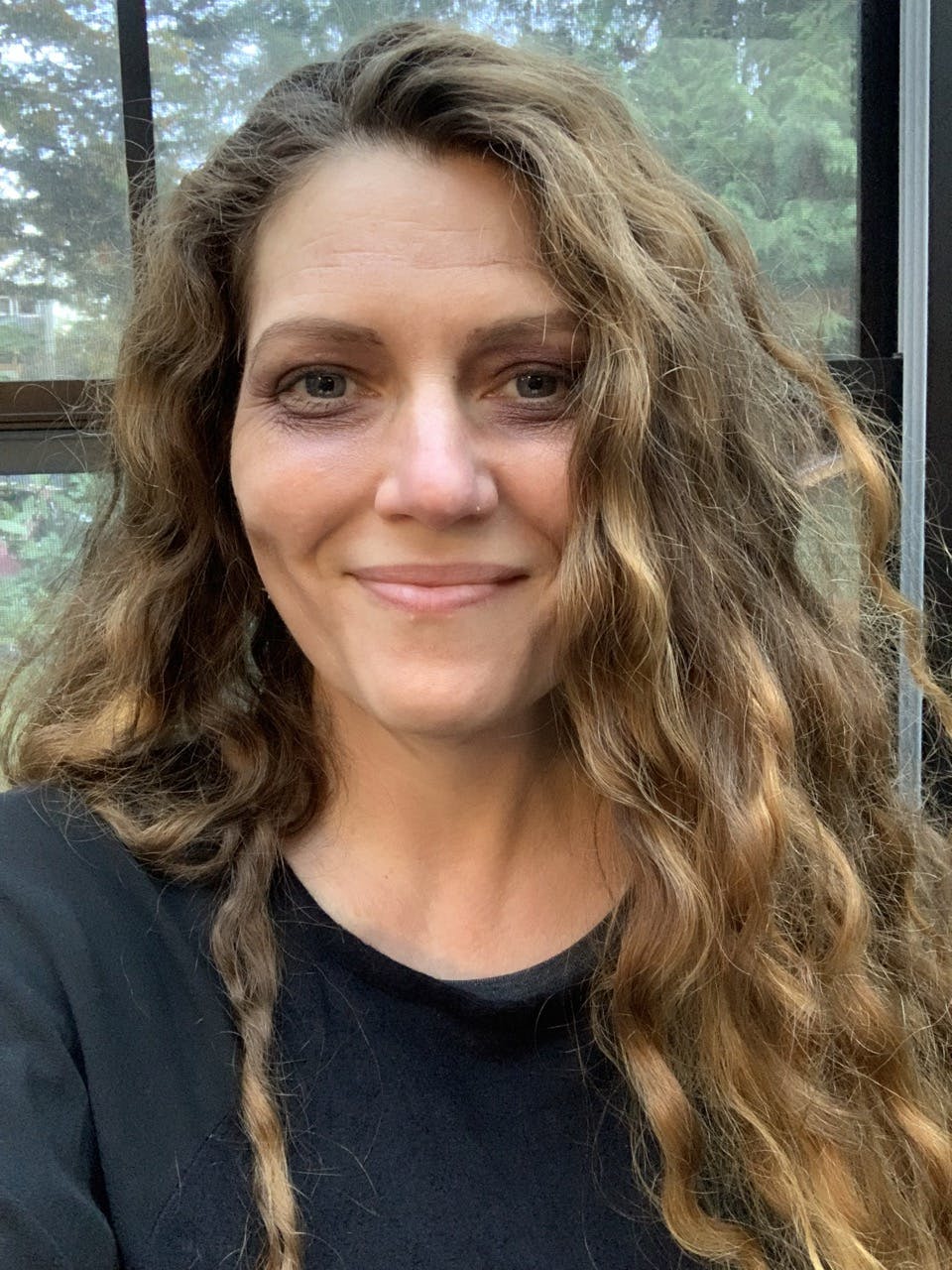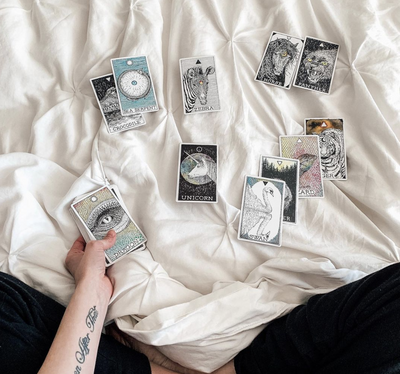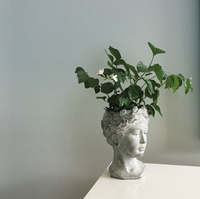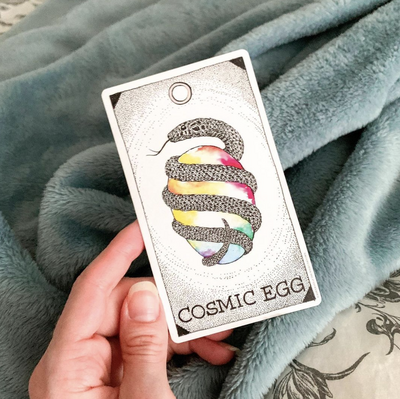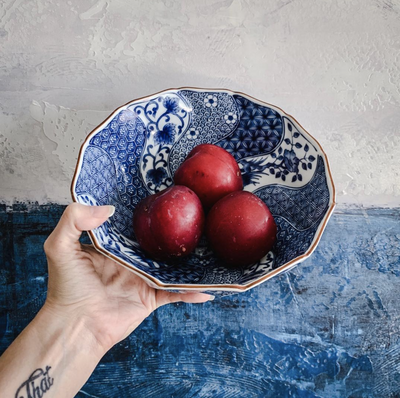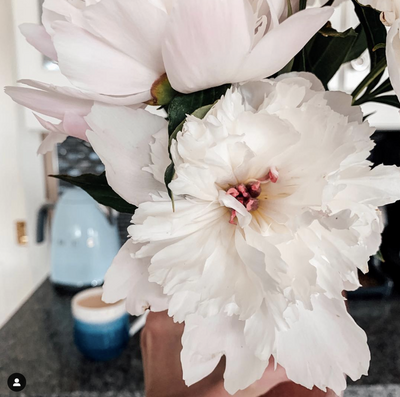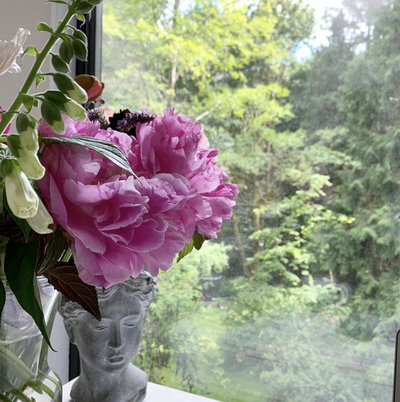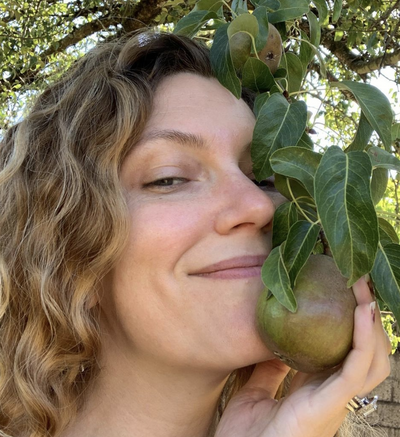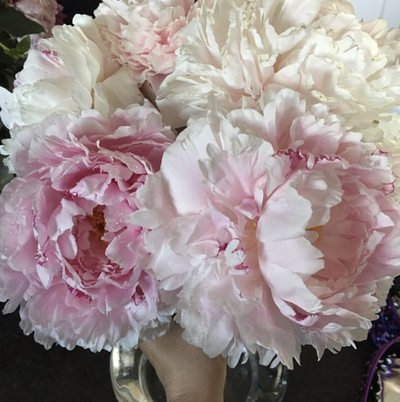Last week we talked about how hard it is to give ourselves permission to have the things we really need and why our inherited beliefs make us feel guilty.
Sometimes it’s hilarious, the things we deny ourselves. A 10-minute daydream. Enough sleep. A green juice, jeans that fit, or a new phone cord to replace the frayed one. Permission to truly step away from it all for an hour or a day and actually sink into a sense of total flow.
I was pondering this as I was scraping out the last dried dregs of mascara onto my eyelashes this week. Oh my god. Why didn’t I just BUY A NEW MASCARA?
Look, sometimes old habits die hard. (Yep, even for life coaches.)
But why?
Is it because we’re secretly masochists??? Is it about money? Is it because we’re so busy?
Nope. It’s our inherited beliefs.
What Are Inherited Beliefs
Inherited beliefs are instructions that get passed down from generation to generation. Usually, they’re so deeply taken for granted, so far underground in our consciousness, that no one even knows it’s happening.
You absorb beliefs from the city you lived in as a child, the kids you went to school with, your teachers, or the overarching philosophy in your childhood home. You might have been raised in a particular culture or subculture that had its own particular set of unexamined assumptions. And then, of course, there’s the religion you were raised in; that’s probably good for some doozies.
The Unwritten Rules
We pick up these beliefs from all of these different places, mostly without even realizing it. They are the unwritten rules you must obey in order to be part of your community and be SAFE.
In some ways, they’re even more powerful because they’re unspoken.
Your great-aunt never told you that joining the circus and coming home pregnant would lead to sorrow and poverty — but you saw how she was an outcast in the neighborhood.
Your great-grandmother didn’t ever warn you explicitly that life was precarious and everything could all be taken from you — but it was there in her drawers of carefully folded aluminum foil and rubber bands.
Your teachers didn’t actually come out and say that if something bad happened to you it was your fault– but it was there in the subtext of the dress code, the admonitions about “nice girls,” the rules.
And think how it stretches back.
Think of the great-great-grandmothers who hissed at a beloved girl to stay small, keep quiet, go hide– to keep her safe.
Think of the aunties who gritted their teeth and placated a violent man– not because they were weak, but because the laws were even more violent.
Think of the women in your lineage. Think of the world they lived in. Think what they had to do to keep their daughters safe.
Even though we don’t live their worlds (oh blessed, blessed privilege), we are often still carrying their beliefs inside us.
The Fear Around Innocuous Things
This is why my clients wonder why they feel such primal fear around seemingly innocuous things: making more money than their spouse. Exploring their sexuality. Being the boss. Disagreeing with an expert. Finding sensuous pleasure in their own bodies, clothes, laughter. Setting boundaries. Speaking up at a table of men. Wanting to take a break from their kids sometimes. Having any emotion other than sadness.
It’s because, for their grandmothers, those things were truly dangerous.
(And still are, for many.)
Good Practical Advice that is Outdated
Even if you’re living in a very different world than those women were, you might find yourself feeling their inherited fears. This isn’t just about inherited trauma, though that can certainly play a role. We’re talking about good practical advice that made sense once upon a time — but that’s now keeping you small and pinched and conflicted in ways that don’t even make sense.
We have the enormous privilege and the enormous responsibility of dismantling those inherited beliefs and choosing what we choose to carry inside us and pass on.
What’s interesting is that as our world grows ever more entwined and connected, we find that our various inherited beliefs bump up against each other and can make us feel crazy.
Since they’re collected over generations and usually remain invisible, often they’re wildly contradictory. In fact, most people keep multiple sets of beliefs that contradict each other.
Let’s say from your immigrant parents you received the message that life is incredibly hard and you have to work non-stop, with no complaints, just to survive. But from a second cousin on the other side of the family, the one who ran off to be an actress in New York when she was 18, you received the message that you should follow your dreams and passions, and they will always take you farther than the safe choices.
These beliefs are in direct conflict with each other, and if you have both jostling around in your system, that cognitive dissonance can make you feel scattered and paralyzed, unable to make a decision, damned if you do and damned if you don’t. Or, what we like to call 10am on a Monday morning.
When you have beliefs that are in direct opposition to each other, it’s going to cause problems. It’s like you’re trying to pull yourself in two directions at once. Imagine two angry bulls locking horns inside your psyche—as long as they are locked in battle, they can’t go anywhere. And they sure are using up an awful lot of energy.
One of the big, bright, flashing signs that you have one of these conflicts is feeling a sense of guilt.
When You Feel Guilty
It OFTEN indicates that you have two unconscious beliefs butting up against each other, and you’re at an impasse. When those powerful impulses or instructions are in a standoff, you can’t win. You feel helpless and stuck — and guilty about it.
So try this simple exercise in awareness.
Any time you find yourself feeling guilty, ask yourself: What is at war here? What ideas are in conflict?
And more importantly — are any of those ideas even MINE?
Often, just by asking yourself that question, you’ll realize immediately that you’re carrying things that aren’t even yours. Decide to let them go. Lay them down. Thank the great grandmothers, with gratitude and respect. And tell them you’ll take it from here.
Here’s the power in this:
Once you can see that there are two (or twenty) you could believe, you have the power to deliberately choose what you will believe.
- Ask yourself, which belief is most helpful?
- Which is most loving?
- Which gives me a sense of forward momentum?
- Which feels like freedom?
- Which feels like a swamp?
And perhaps most tellingly, which belief would I want to pass on to my children?
Ask Yourself, is This My Belief
This doesn’t require an intricate ritual or a seance or even that you close your eyes. It just requires that you ask yourself, Whose beliefs are these? And do I want them to be mine? Then you decide what you want to keep, and what to let go.
It’s like a psychic Queen Sweep. And make no mistake, it’s incredibly powerful. You’re reshaping the spiritual and emotional DNA you’ll pass on to the world. Just that.
So choose deliberately, dearheart. Let the old heavy ones go. Let yourself be a little bit lighter and more buoyant for the journey.
And remember that when you do that for yourself, you’re also doing it for all our daughters.
much love,
Katherine
